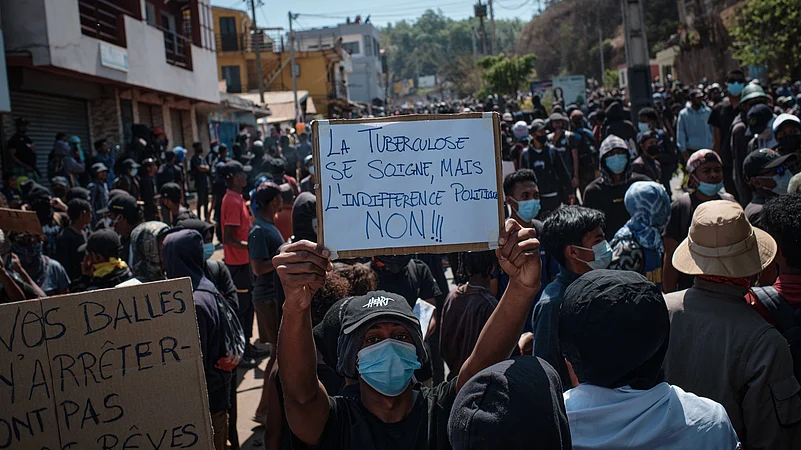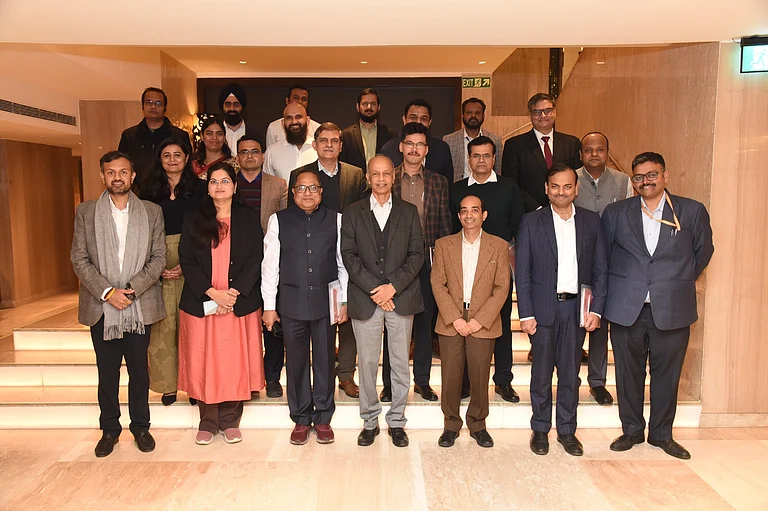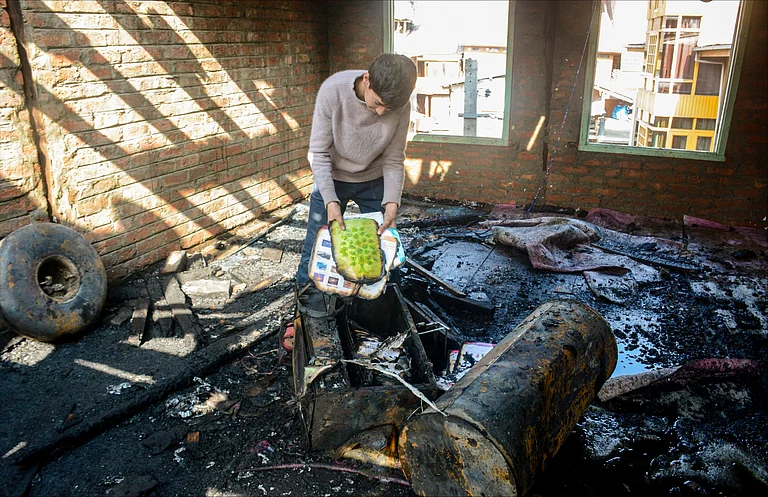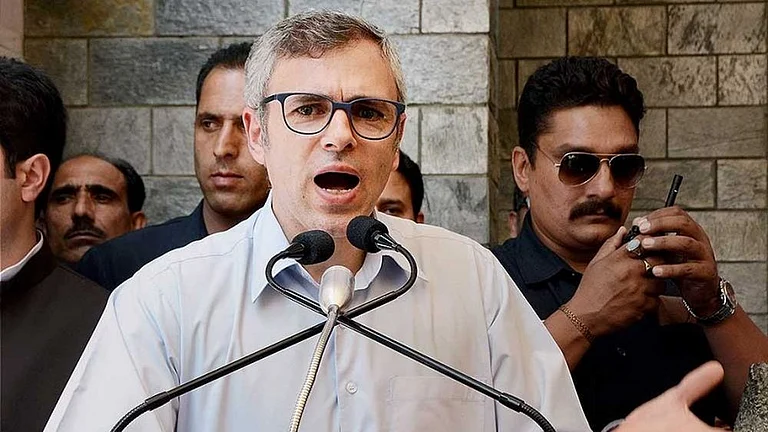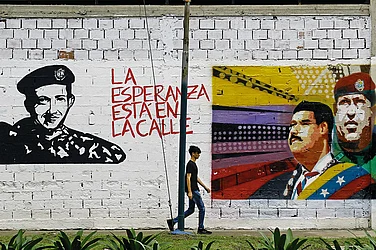
President Rajoelina warned of an "illegal seizure of power" after CAPSAT elite troops, who aided his 2009 coup, joined Gen Z protesters in Antananarivo on October 11, urging security forces to disobey shoot orders.
The unit clashed with gendarmes, escorted crowds into symbolic May 13 Square, and declared command over all military branches on October 12, amid tributes to a slain comrade.
Protests since September 25 over shortages have killed at least 22 (per UN), with Rajoelina calling for dialogue amid disputed reelection and economic woes; government denies coup evidence.
President Andry Rajoelina issued a stark warning on Sunday about an "attempted illegal and forcible seizure of power," just hours after elite troops from the CAPSAT military unit joined thousands of protesters in the capital, Antananarivo. The defection marks a profound irony, as the same unit played a pivotal role in Rajoelina's rise to power through a 2009 coup that ousted then-President Marc Ravalomanana. This development has heightened fears of a full-blown military mutiny, threatening the stability of the Indian Ocean island nation already grappling with youth-led demonstrations that began last month.
The protests, spearheaded by a Gen Z movement inspired by similar uprisings in Kenya and Nepal, erupted on September 25 in response to severe water and electricity shortages that have plagued the country. What started as demands for basic services has snowballed into widespread calls for Rajoelina's resignation, posing the most significant challenge to his leadership since his controversial reelection in 2023. The United Nations reports at least 22 deaths and over 100 injuries since the unrest began, though the government contests these figures, claiming only 12 fatalities. Security forces, including the gendarmerie, have been accused of excessive force, including live ammunition use, further fueling public outrage.
Saturday's events unfolded with alarming speed. Soldiers from the CAPSAT base in Soanierana, on the outskirts of Antananarivo, clashed with gendarmes before marching into the city on military vehicles. They escorted protesters into the heavily guarded May 13 Square—a historic site of political uprisings—where crowds cheered their arrival with chants demanding Rajoelina's ouster. In a video message circulated on social media, the troops urged fellow security personnel to "refuse orders to shoot" and "support the people," repudiating the crackdown on demonstrators. The move was triggered in part by the alleged killing of a CAPSAT soldier by gendarmes the previous day, prompting a memorial gathering attended by opposition figures like Ravalomanana, church leaders, and thousands of civilians.
By Sunday, the CAPSAT unit escalated its defiance, declaring in another video that it had assumed command of all military branches—land, air, and naval—from its headquarters. "From now on, all orders of the Malagasy army will originate from CAPSAT headquarters," the officers announced, a claim that rivaled the government's authority and deepened the divide within the security apparatus. The defence ministry and military general staff declined to comment, while the gendarmerie insisted its directives would come solely from its national command center, signaling fractured loyalties.
Rajoelina's response, posted on the presidency's official social media, condemned the "destabilizing attempts" without specifying evidence or perpetrators. He emphasized his continued presence in the country—countering rumors of flight fueled by his French citizenship—and called for national unity and dialogue as the path forward. "Madagascar will not withstand another crisis if this division among citizens continues," the statement read, echoing Prime Minister Ruphin Fortunat Zafisambo's earlier pleas for reconciliation. The president's office also dismissed circulating misinformation, including false claims of his exile.
This unfolding drama occurs against a backdrop of economic fragility in Madagascar, where about 75% of the 32 million population lives in poverty, exacerbated by extreme weather, agricultural strains, and potential impacts from global trade shifts like U.S. tariffs on vanilla exports. The military's historical role in power transitions—backing coups in the 1970s and 2009—looms large, making the CAPSAT's switch a potent symbol of eroding support for Rajoelina. International observers, including the UN, have urged restraint, while regional bodies like the African Union monitor the situation closely.






